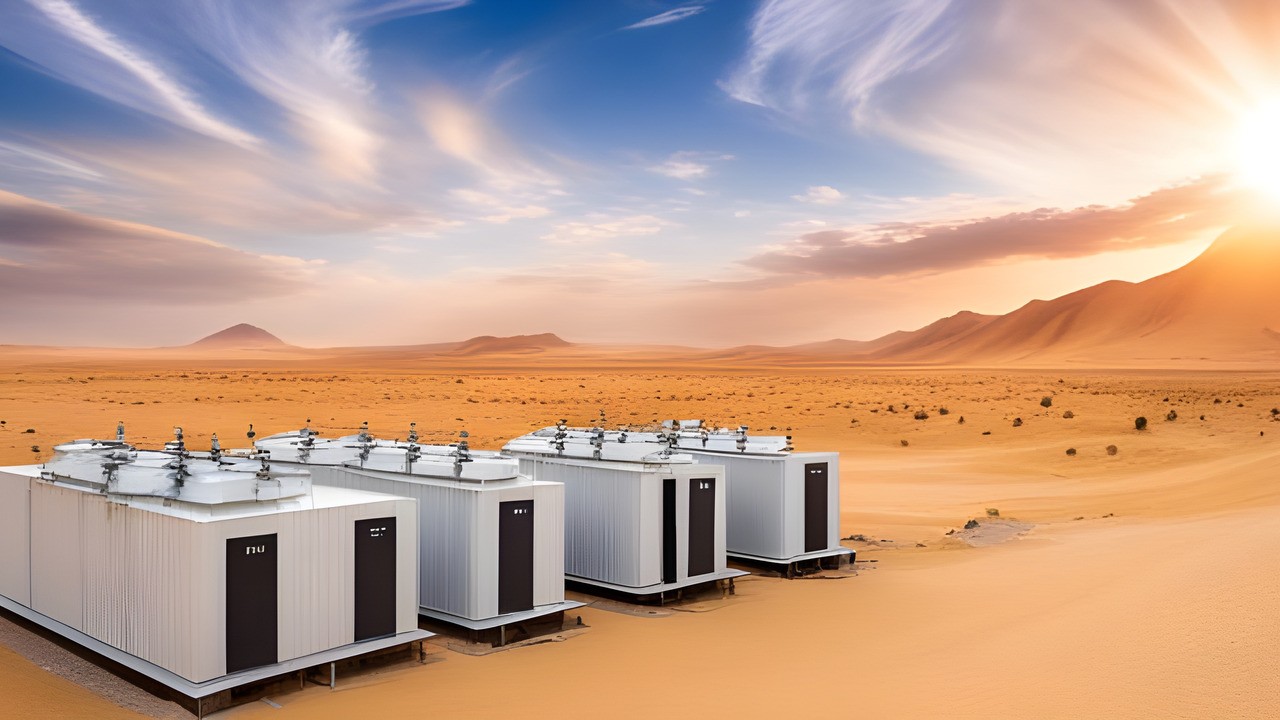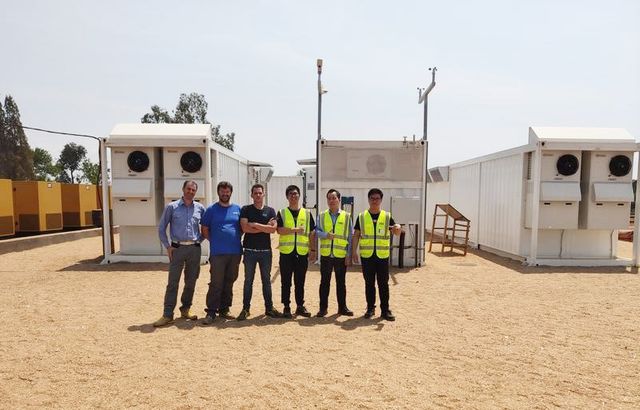Providing access to affordable and reliable energy is an essential part of sustainable development. However, despite significant progress in reducing global poverty and increasing access to energy, over 780 million people still lack access to electricity, and many more rely on traditional fuels like wood or charcoal for cooking and heating. The consequences of this energy poverty are profound, from limited economic opportunities to poor health outcomes and environmental degradation. Therefore, it is crucial to examine the progress made towards universal access to energy and identify the barriers that remain.

Historically, the global energy landscape has been dominated by fossil fuels, particularly coal, oil, and natural gas. While these have powered economic growth and lifted millions out of poverty, they also have significant environmental and health impacts. In recent decades, there has been a growing recognition of the need to transition to cleaner, more sustainable energy sources, such as renewables like solar, wind, and hydro. This shift is being driven by a combination of falling costs, government policies, and private sector investments.
In terms of access to electricity, the global electrification rate has been steadily increasing, reaching 91 % in 2022, up from 83 % in 2010. However, progress has been uneven, with some regions and countries lagging behind. In sub-Saharan Africa, for example, over half of the population lacks access to electricity. This lack of access has far-reaching impacts, from reduced economic productivity to limited access to education and healthcare. Rural populations are most affected by lack of access, with only 26 % of people living in rural areas having access to electricity, compared to 96 % in urban areas.
It is also a major contributor to climate change, as people rely on traditional fuels like wood or kerosene for lighting and cooking.
The shift towards renewables is an important step towards addressing these challenges. Renewables are becoming increasingly cost-effective, with solar and wind becoming the cheapest sources of new electricity in many regions, even without subsidies. Renewables also have fewer of the environmental and health impacts associated with fossil fuels, such as air pollution and greenhouse gas emissions.
However, there are still many challenges to overcome in achieving universal access to energy. One of the main barriers is funding, with many countries lacking the resources to invest in energy infrastructure, particularly in rural areas. There is also a need for policies and regulations that enable private sector investment and innovation, as well as international support for renewable energy development in developing countries.

Another key challenge is the need to ensure that energy access is inclusive and equitable, particularly for marginalized populations such as women and children. Gender inequalities, for example, can limit women's participation in the energy sector and increase their vulnerability to energy poverty. Similarly, children's access to education and healthcare can be limited by a lack of electricity, which can impact their long-term prospects.
Takeaway
While there has been significant progress in increasing access to energy globally, there is still much work to be done to achieve universal access. The shift towards renewables is a crucial step towards building a more sustainable and equitable energy future, but it requires concerted efforts from governments, the private sector, and civil society to overcome the many challenges that remain. By prioritizing energy access and promoting inclusive and equitable policies, we can power the world in a way that benefits everyone.
Our micro grids and energy storage solutions make a difference in energy access for remote areas. Join us in our efforts to bring sustainable energy to those who need it most. Contact us today to learn more about how we can work together to make a positive impact.
Editor's note: This article was originally published in May 2023 and has been updated for comprehensiveness.





All comments are moderated before being published. Inappropriate or off-topic comments may not be approved.